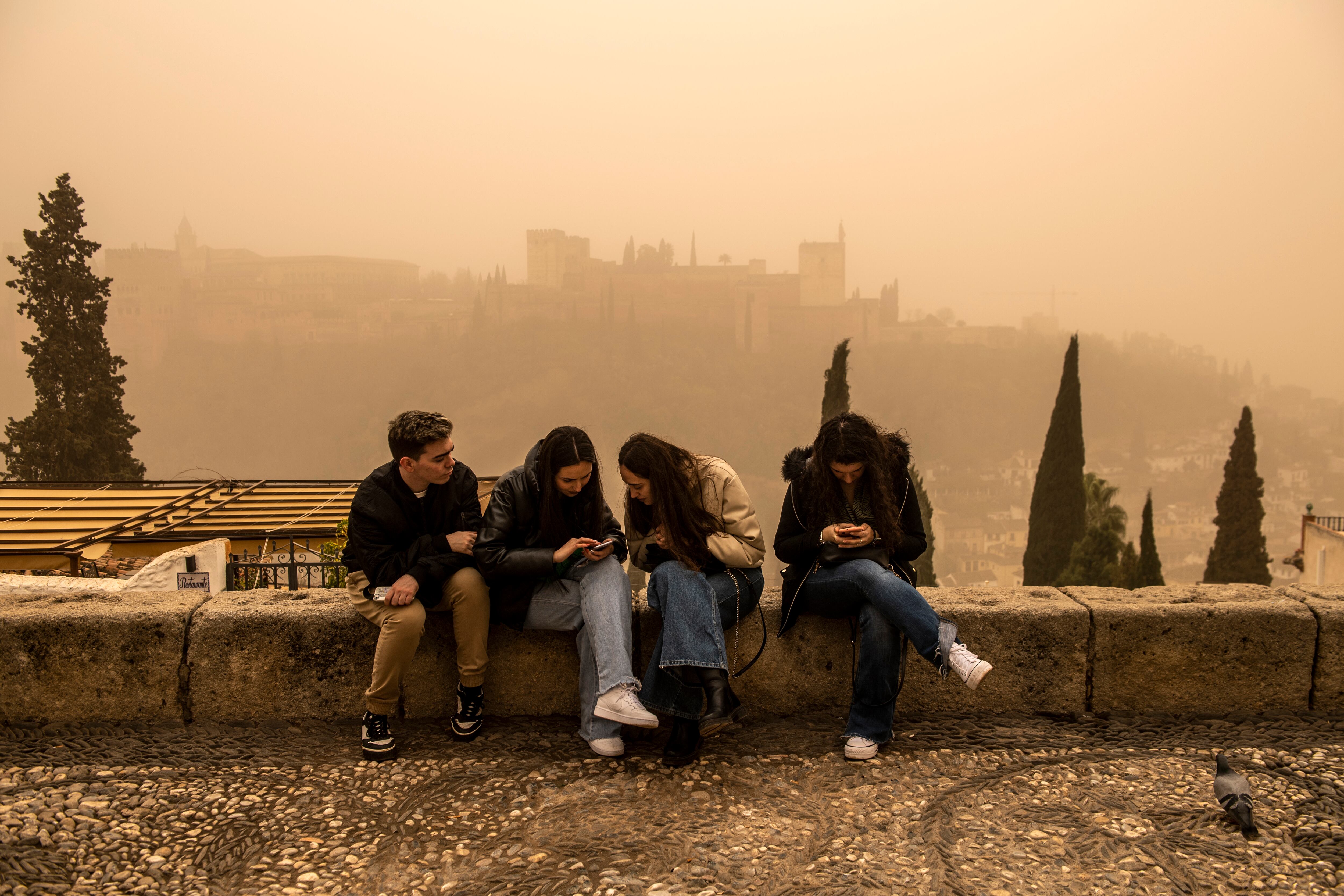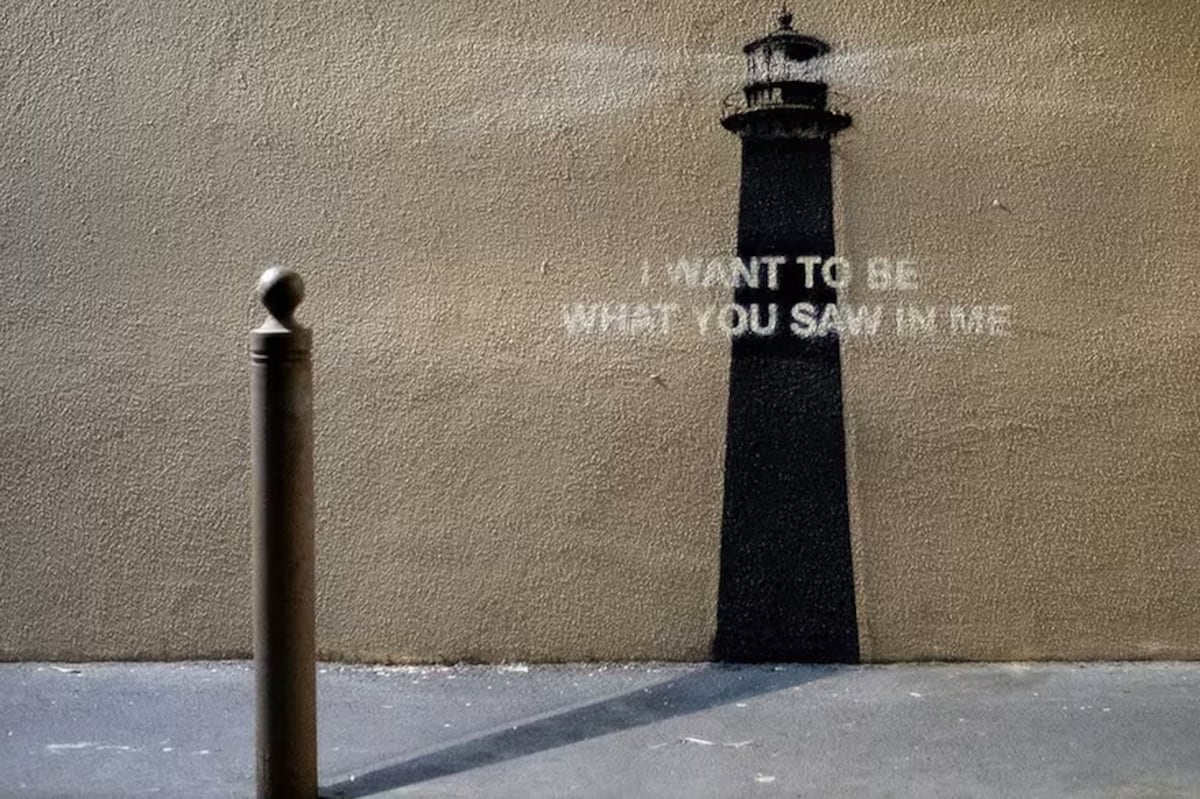[ad_1]

Social media is going through perhaps its worst period, in terms of its public image — and this is a phrase we’ve been able to say on any given day since at least 2016.
Until a decade ago, these platforms presented themselves as being spaces for the exchange of ideas, offering users the ability to participate in political and cultural debates. However, they’ve consolidated themselves as quasi-monopolies, with a business model that consists of violating our privacy in search of data to sell ads. These platforms have also abandoned content moderation when it comes to online harassment and hate speech, and ended fact-checking.
Among the proposals and alternatives to these platforms, the idea of public social media networks has often been mentioned. Imagine, for example, a Twitter for the European Union, or a Facebook managed by media outlets like the BBC.
In February, Spanish Prime Minister Pedro Sánchez called for “the development of our own browsers, European public and private social networks and messaging services that use transparent protocols.” Former Spanish prime minister José Luis Rodríguez Zapatero — who governed from 2004 until 2011 — and the left-wing Sumar bloc in the Spanish Parliament have also proposed this. And, back in 2021, former British Labour Party leader Jeremy Corbyn made a similar suggestion.
At first glance, this may seem like a good idea: a public platform wouldn’t require algorithms — which are designed to stimulate addiction and confrontation — nor would it have to collect private information to sell ads.
Such a platform could even facilitate public conversations, as pointed out by James Muldoon, a professor at Essex Business School and author of Platform Socialism: How to Reclaim our Digital Future from Big Tech (2022). In a video call with EL PAÍS, he argues that “governments must provide their citizens with a space that is as neutral as possible, but moderated — to avoid insults and harassment — in which they can discuss political and social issues.”
This could be an alternative that would contribute to platform pluralism and ensure we’re not dependent on a handful of billionaires. This is especially important at a time when we’re increasingly aware that technology isn’t neutral and that private platforms respond to both economic and political interests.
“No one has to participate in these public networks and nobody has to like them,” Muldoon notes, “but they would be an option that many people could use. Yes, they would be the classic readers of The Guardian… but it would still be a valuable initiative at a time when tech companies are becoming politicized and leaning to the right.”
He adds that he doesn’t even think that this is a “left-wing” idea. “It’s very centrist, very liberal. It’s John Stuart Mill telling us that we need freedom of expression and association to have a functioning representative democracy.”
Still, there are a few caveats, as Muldoon himself acknowledges. For starters, this issue has been highly politicized for at least a decade. If a social media network were to be considered — one that depended on the state, or the European Union — accusations would quickly arise that a prime minister or president “is going to read our private messages.”
This isn’t a far-fetched suspicion. Imagine, for instance, a gag law that would allow our social media accounts to be examined under vague excuses like “national security.” And there’s always the risk that a democratic government could mutate into an authoritarian regime, similar to those in Hungary and Turkey.
As activist and writer Cory Doctorow quips over a video call, “There are many reasons why it’s preferable for social media to be independent of the state, but one of them is [Spanish dictator] Francisco Franco.”
Malls and libraries
We don’t have to choose only between a Chinese government-style “Big Brother” or a megacorporation run by a pseudo-James Bond villain. There are other ways to approach public participation on social media.
Journalist and activist Marta G. Franco argues that it makes perfect sense to think about public internet spaces: “I often use the analogy that our digital life is taking place primarily in shopping malls — which can be a very good thing — but we also need [digital] spaces that have a different kind of ownership and a different way of being managed, like public spaces.”
In addition to shopping malls, it’s good for a society to have parks, libraries, roads, etc. “that operate with different values than those of companies,” Franco notes. But she agrees that a state-controlled network is also a danger.
Hence, it makes much more sense for the state to invest in, or collaborate with, decentralized social media networks based on free and interoperable software. That is, the user’s freedom is respected, while different software systems can communicate with each other and allow for the portability of information and content, similar to email: we can send messages to each other, regardless of whether we use Gmail, Outlook, or a company server.
Doctorow proposes that the state cooperate with the software systems, developers, or servers for existing open-source platforms, such as the U.S. network Bluesky or the German firm Mastodon. To this, Muldoon and Franco mention collaboration with — and funding for projects led by — independent associations and organizations.
We can also mention legislative initiatives — such as antitrust laws, or even stricter regulations than those imposed in Europe — that limit or prevent surveillance capitalism.
It should be noted that the U.S. tech giants are the second-most important lobby group in Brussels (after banks), according to data from Corporate Europe Observatory (CEO) and LobbyControl, two nonprofit associations. In fact, the company that spends the most money spreading its message among EU representatives is Meta.
Still, Franco adds that — in the case of the EU — legislation isn’t going in the wrong direction, even if it’s being passed at a slow pace. The problem is that it has focused on the regulation of existing platforms, while neglecting to support the development of alternative platforms.
But let’s suppose that EU officials — alarmed by the interference and threats of Donald Trump and Elon Musk — go beyond statements to drum up votes and decide, instead, to fund and support the development of independent and decentralized social media projects. Could the result be a series of small social networks that — like Mastodon — are perhaps more complicated to use?
Franco explains that not all social platforms need to be the monsters that we’re accustomed to, with hundreds of millions of users. They can be smaller, similar to the forums that have been around since the internet’s heyday, but consolidated as “spaces where we can maintain slightly more meaningful relationships.”
These projects don’t have to aspire to be the great public square where everyone gathers, because, sometimes, we just want to talk to our neighbors; we don’t want to insult the president of the United States. Perhaps we need more options, not just a rebranding of the same old one.
Reclaiming our digital independence isn’t an easy task, as Doctorow reminds us. “It’s incredibly important, it’s incredibly difficult, and it’s incredibly urgent.”
Sign up for our weekly newsletter to get more English-language news coverage from EL PAÍS USA Edition
[ad_2]
Source link







Comentarios